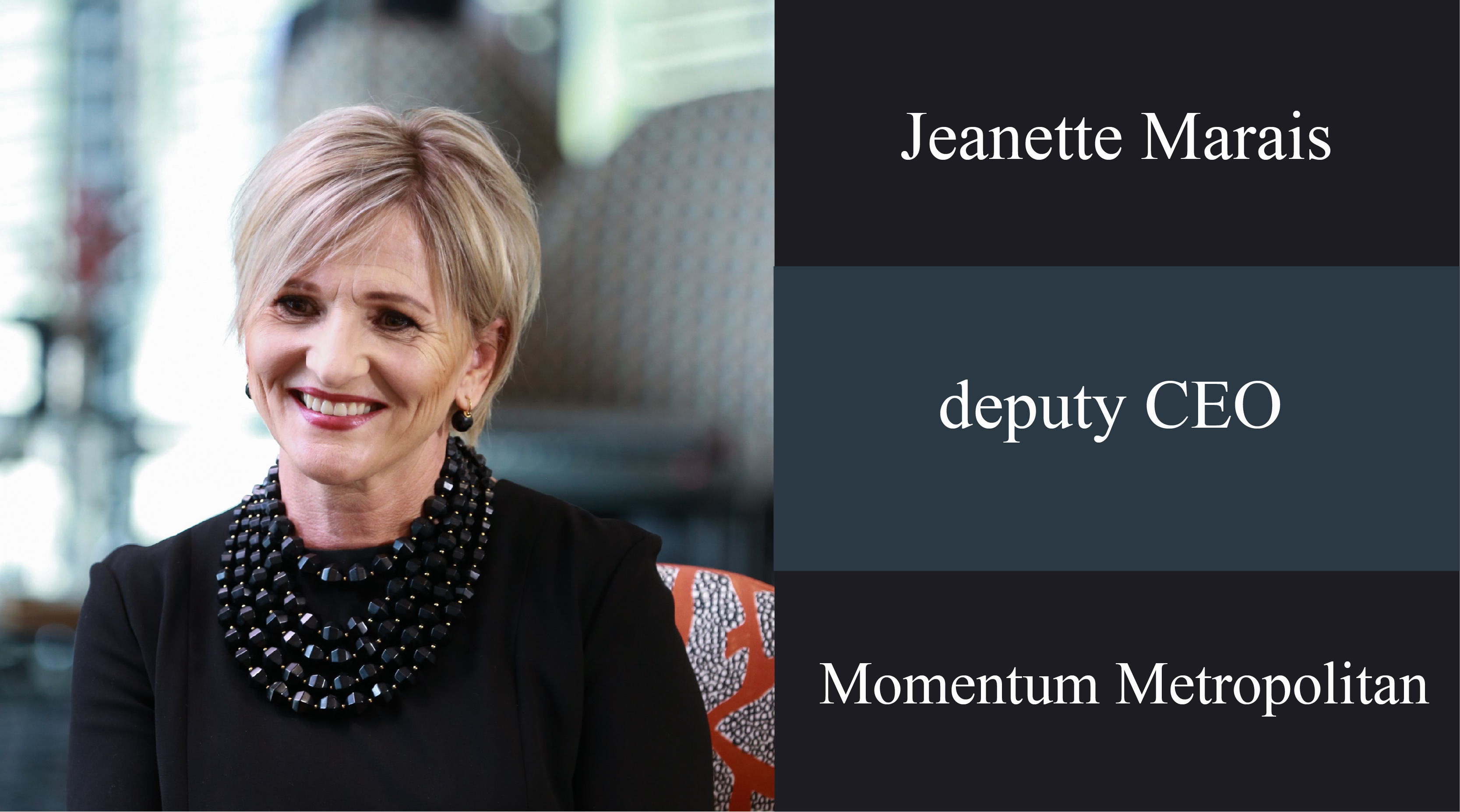With Covid-19 still on everyone’s minds and the uncertainty that the pandemic brought, the importance of strong leadership has been highlighted. Last year, much was said about how differently different world leaders lead their countries through this crisis – with a focus on the success in some of the countries with female leaders.
As deputy CEO of one of the biggest financial services companies in South Africa, with a footprint in the UK, India and the African continent, I am proud to say that we value the role women play in society. But I don’t like gender generalisations. I prefer to simply focus on the learnings and apply it where relevant to all of us as leaders. What I found was that these female heads of state responded to the crisis distinctly, and the importance to them was to to care and connect, to use relationships as a channel to nurture, support and show empathy. And that seems to have made all the difference.This has led me to the work done by Richard Barrett who is certainly the world authority on values, both personal and organisational, and the interconnected link between the two.
About a million people globally have completed his personal values framework. It is important to know that Richard Barrett through his research, differentiates between values that tend to be embraced by men and values that tend to be embraced by women.
Of course, this is not always typical and true, as there are always individual differences. However, the two genders, when one looks at them from a distance certainly adopt different sets of values:
- Men mostly embrace values such as strength, competitiveness and logic.
- Woman on the other hand typically embrace values such as compassion, empathy and caring and relationship-based values.
To create the dynamic that makes the world successful both sets of male and female values are relevant and important and need to be combined.
But right now, our world is in crisis and is in urgent need of the values that women bring, to keep societies going. To keep a connection and to keep our small worlds functioning.
Richard Barrett’s survey has also been conducted with thousands of organisations over the last two decades with interesting results. Many other great researchers in the field of organisational success have come to exactly the same realisation.
- During the last 50 years of the previous century companies that were successful adhered to principles such as rules, hard structures, competitiveness, brazen ambition, hierarchy and often bureaucracy.
- There can be no doubt that value systems over the past 30 years have changed significantly.
- Since the turn of our current century a major change has been happening. This major change is asking for a different approach, a different value system.
Organisations and countries that excel now, are organisations that are embracing the value system and preferences of women. Organisations in the 2020’s are asking for people to connect in much more authentic ways. Organisations are asking of leaders to care more. Organisations that embrace diversity and are much more inclusive, are outperforming organisations that are less inclusive.
Organisations have become so specialised and complex that processes alone cannot fix the disconnect between
divisions and departments. People in organisations must collaborate significantly more in natural and unforced ways. Only caring people with a real need to connect can take organisations in the 2020’s to the next level of performance.
When we look at organisations in the 2020’s we have to look at organisations through the lens of its stakeholders. Our stakeholders directly include all our employees, independent advisers supporting us, their clients and people who may be our future clients. It is our obligation as leaders to bring our values to all our
stakeholders. We need to connect with all our stakeholders with care, empathy and understanding. We must reach out to those we can reach out to and make sure that relationships are alive and well. Because by doing this we are showing new ways in which relationships can determine success in the future.
In our new world, people who influence are leaders… being a leader is not the result of someone’s title.
The new definition of a leader is a person who can influence. To influence things into the right direction is being asked of every person in a business, not only of managers and people with titles. The culture of organisations can only change if there are thousands of people influencing. To create a better future for humanity, we need an even more connected, nurturing, caring, collaborative sharing ecosystem – we need all our leaders to rise to the challenge of becoming influencers and leaders.
Some people say that all this care makes organisations less ambitious. Truth be told, have a look at any mother
and say that they are not ambitious for their families, or that they don’t want their kids to succeed! This is also the bold finding of Richard Barrett and hundreds of other researchers in the domain of organisations and leadership. All the evidence clearly shows that organisations become more successful if they embrace the values women are great at.

